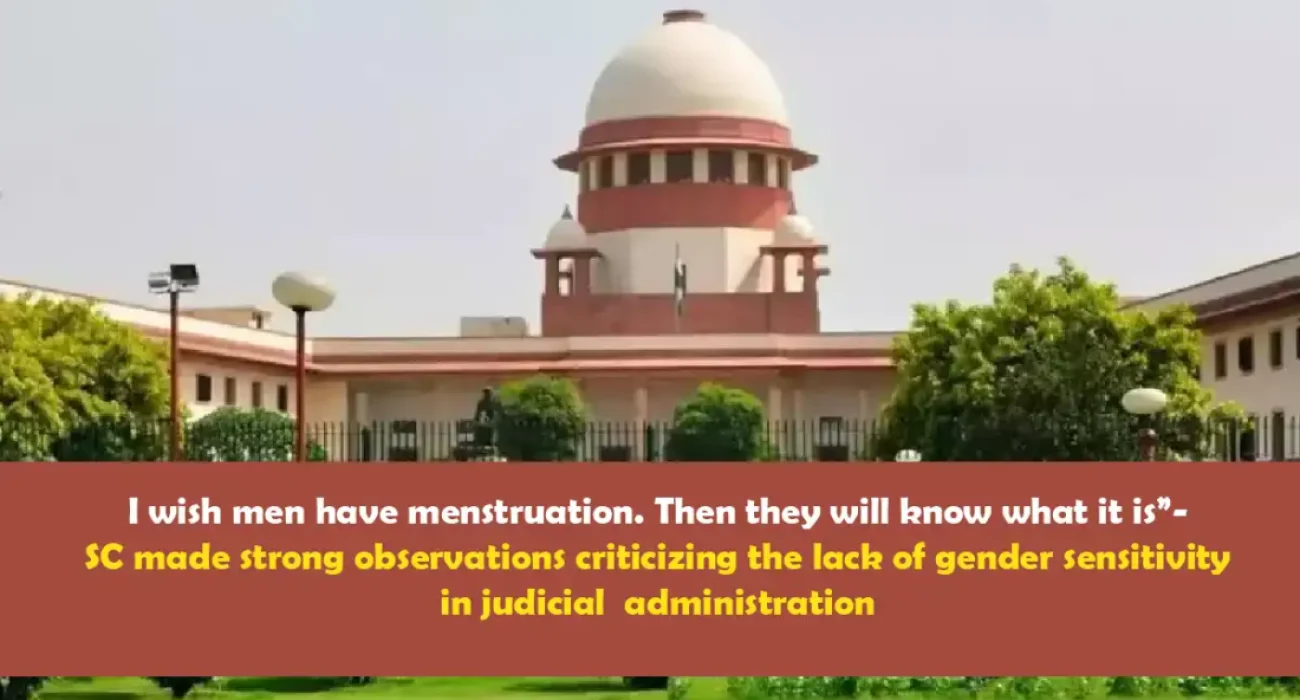

Table of Contents
ToggleTwo lady judicial officers were terminated by the Madhya Pradesh High Court on grounds of poor performance. One of the officers, whose case came under scrutiny, was found to have disposed of only two civil suits in a year and scored a low performance unit of 1.36 in 2021. Despite the suspension of performance criteria during the COVID-19 pandemic, her work was evaluated below average.
The officer faced significant personal challenges, including suffering a miscarriage, battling COVID-19, and dealing with her brother’s cancer diagnosis. The performance remarks used for her termination were made by the inspection judge in Ratlam, not by the Principal District Judge where she was posted. Further, these adverse remarks contradicted her earlier “good” and “very good” ratings in her Annual Confidential Report (ACR). Complaints filed against her were unresolved but were retrospectively used to justify her dismissal.
Senior Advocate Indira Jaising, representing the petitioners, argued that the officer’s health issues, including her miscarriage, were not adequately considered. During the pandemic, performance criteria were suspended, and the low disposal rate should not have been grounds for termination. The unresolved complaints against the officer were improperly considered, and the adverse remarks in her record contradicted the positive ratings in her ACR.
The counsel for the High Court, Advocate Arjun Garg, contended that the officer’s performance was consistently subpar, even when allowances like doubling her earned units during COVID-19 were applied. Her inability to meet performance standards, despite these considerations, warranted her termination.
The bench, led by Justice B.V. Nagarathna, made strong observations criticizing the lack of gender sensitivity in the officer’s evaluation. Justice Nagarathna highlighted the physical and mental toll of a miscarriage, expressing that such criteria should also apply to male judges for fairness. She remarked, “I wish men have menstruation. Then they will know what it is.”
The Court condemned the rigid use of numerical performance targets, arguing that judicial work cannot always be quantified. It pointed out the inconsistency between the officer’s ACR ratings and the administrative judge’s adverse remarks, calling for more humane consideration of personal crises. The bench also questioned the fairness of using unresolved complaints as a basis for termination.
While no final ruling was issued, the Supreme Court emphasized the need to reconsider the termination in light of the officer’s unique circumstances, gender-specific challenges, and procedural fairness. Following the Court’s pointed observations, the High Court counsel refrained from further arguments. Next date of hearing on 12th December
This case sheds light on the need for gender sensitivity in judicial administration and the importance of accommodating the unique challenges faced by women in the profession. It calls for reforms in rigid performance evaluation metrics and highlights the balance required between professional standards and fairness, especially in extraordinary circumstances like the pandemic.
Credits: Deeksha Rai
IAW resources
Browse our help directory